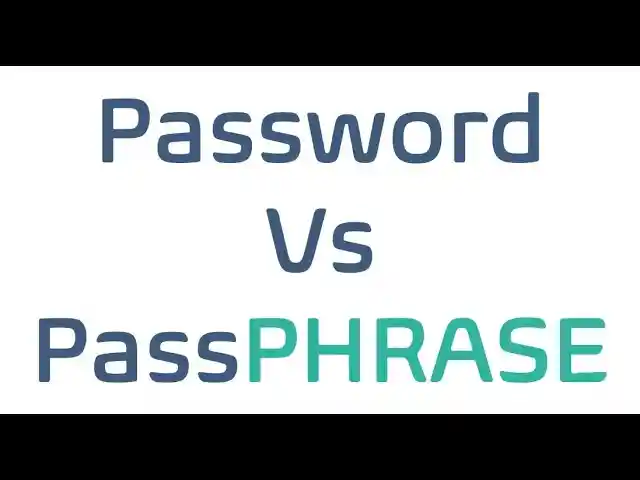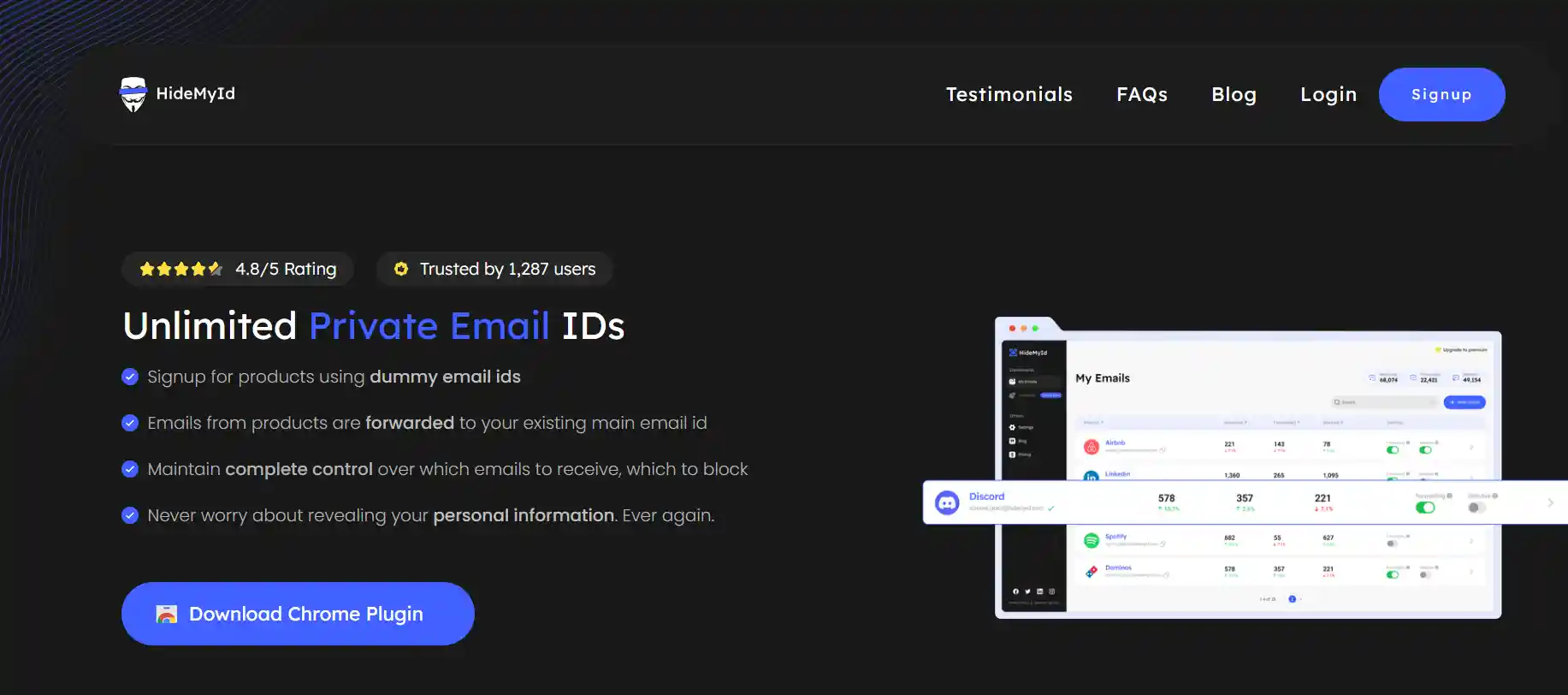Table of Content
In today’s interconnected digital landscape, email spam stands as a significant gateway to cybersecurity breaches. The seemingly innocuous spam cluttering our inboxes isn’t just an annoyance; it’s often the initial step in more severe cyber threats. Understanding the intricate connection between email spam and cybersecurity breaches is crucial in fortifying our digital defenses.
The Entry Point: Email Spam
Email spam, those unsolicited and often deceptive messages, serves as a primary entry point for cyber threats. Crafted with enticing subject lines, fake offers, or urgent requests, spam emails aim to lure recipients into clicking malicious links or downloading infected attachments. Once clicked, these gateways can unleash an array of cybersecurity threats.
Phishing Attacks: A Core Component
At the heart of email spam lies phishing attacks, wherein cybercriminals impersonate legitimate entities to deceive recipients. These fraudulent emails mimic reputable sources, coercing individuals into divulging sensitive information like passwords, financial details, or login credentials. Through phishing, hackers gain unauthorized access to systems or networks, paving the way for extensive breaches.
Malware Distribution and Email Spam
Email spam is an effective vehicle for malware distribution. Embedded within seemingly harmless attachments or links, malware, including viruses, ransomware, and spyware, infiltrates systems upon interaction. Once inside, these malicious programs wreak havoc, compromising data integrity, disrupting operations, and potentially causing irreversible damage.
The Human Factor: Social Engineering Exploitation
Email spam thrives on exploiting human psychology through social engineering tactics. Cybercriminals leverage emotional triggers, urgency, or curiosity to manipulate recipients into taking action. This psychological manipulation often bypasses technological safeguards, emphasizing the need for user awareness and education.
Data Breaches: A Consequence of Email Spam
Email spam, when successful in breaching a system, can lead to significant data breaches. Breached data, including sensitive personal or corporate information, becomes vulnerable to theft or misuse. The fallout from a data breach extends beyond financial losses, tarnishing reputations, eroding trust, and potentially leading to legal ramifications.
Mitigating the Risks
Combatting the risks posed by email spam demands a multi-faceted approach. Advanced spam filters and robust cybersecurity software act as crucial defenses against malicious emails. Regular security awareness training empowers individuals to identify and avoid falling victim to phishing attempts.
Moreover, adopting a zero-trust model, wherein every email is scrutinized, coupled with strict authentication protocols, significantly reduces the likelihood of successful cyber breaches stemming from email spam.
Conclusion: Safeguarding Against Cyber Threats
The undeniable link between email spam and cybersecurity breaches underscores the urgency to fortify our defenses. By understanding the tactics employed by cybercriminals through email spam, implementing robust security measures, and fostering a culture of vigilance, individuals and organizations can proactively safeguard themselves against the pervasive threat of cyber breaches.
This article aims to elucidate the interconnectedness of email spam and cybersecurity breaches, emphasizing the need for proactive measures and heightened awareness in defending against these threats.







